Ioannis Varoufakis: "Capitalism Destroys Itself, and What Is Digital Feudalism" | Translation of excerpts from Zizek's conversation
First add the background material of this lecture

All key committee members should know who Zizek is, so I won't go into details here. Giannis is the former finance minister of Greece, who only worked for half a year (January 27, 2015 - July 6, 2015). Giannis worked as a "private economic adviser" at Valve before becoming finance minister. There are rumors that G Fatty is very interested in Giannis' research and let him participate in the design of the Steam market. The conversation between Giannis and Zizek, which lasted two hours in the original version , was almost all-encompassing. After the conversation, Giannis cut a "slice" of his own, which is this "excerpt" I translated.
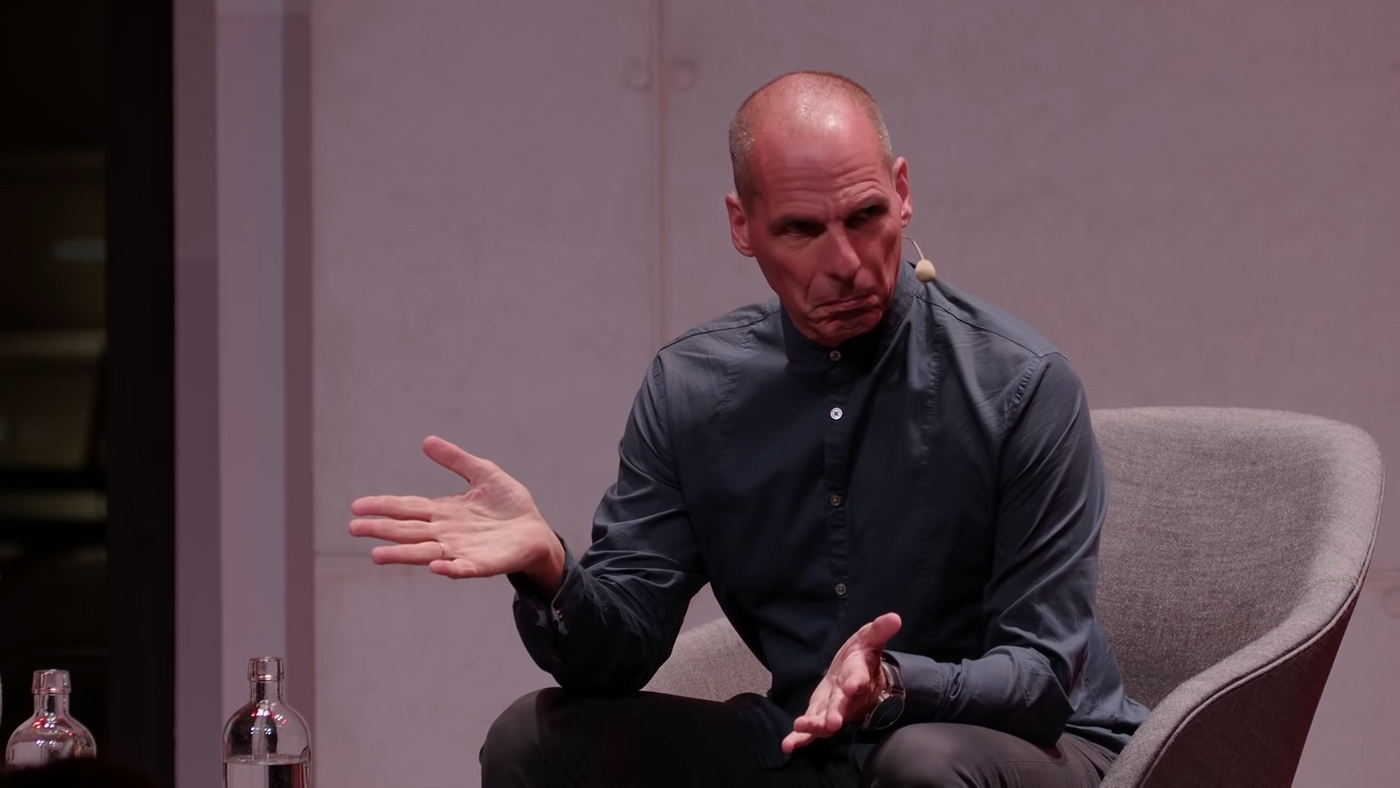
Qi: What kind of future will mankind face? The two of us have often discussed this topic in the past. I remember you talked to me about a concept called "The New Face of the World Order" - that's the name, right? Actually I can't remember. You told me at that time, "The capitalism in the traditional sense, dominated by neoliberalism, no longer exists, and the world we live in is changing dramatically."
Qi: I don't know if you still remember this - it might have been in the spring or summer of 2020, and on that day, the two of us happened to be talking on the phone. Coincidentally, while we were chatting, the UK released its GDP figures for April - it was a mess! But it didn't take long for London's stock market to buck the trend. You told me right away when you heard the news that there was a huge change going on inside capitalism, and the world has changed from the old capitalism that we are all familiar with, made up of traditional concepts like markets, profits, and productivity. completely different...
Yang: Oh, because it's not "capitalism" for a long time.
Qi: Listen, this is the matter. Now you will tell me about it.
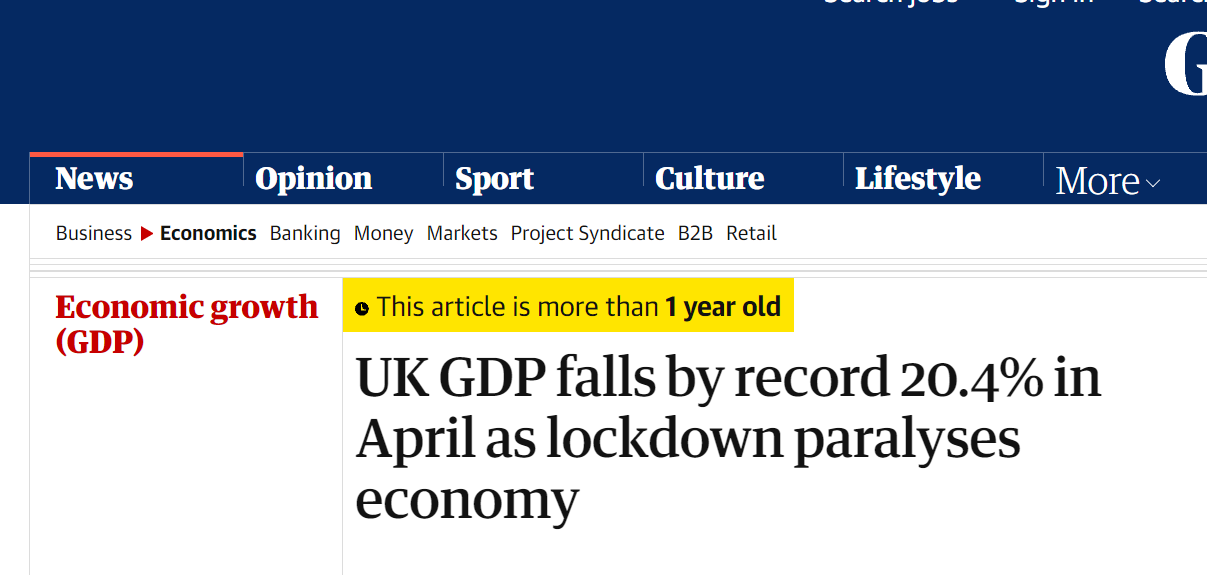
Young: Thank you for reminding me that to get this whole thing clear, we still have to review the data at the time. It happened in August of 2020 - not this August, but last year's August. That day, at nine o'clock in the morning UK time, the news came out. Figures show that the UK's gross domestic product shrank by 21% in April. Even in the history of the capitalist world as a whole, this is an unprecedented first.
Yang: Because of the epidemic, everyone knows that the GDP in April last year will not look good. At the time, the prevailing view in the market was that GDP could fall by 4% or 8% or 9%, but 21% - a number that was definitely beyond everyone's expectations. No one knew that GDP would fall so sharply, including myself. But then, just 40 minutes later, the good news happened - the stock market in London jumped 3%. I don't think this can be reasonably explained in the old order of the classical capitalist world.
Yang: Why is the GDP plummeting while the securities market is rising? In one scenario, this could happen - the market was expecting a 10% drop in GDP, but it only fell 8%. Down or down, but less than expected. In this case, market confidence doubled and the securities market rose. However, this is nothing like what happened in August - we expected GDP to fall by 10%, it fell by 20%, but even so, the securities market is still rising. This peculiar sign tells me that things are changing and that something unusual is going on behind the scenes - I know what it is, and I'll tell you now.
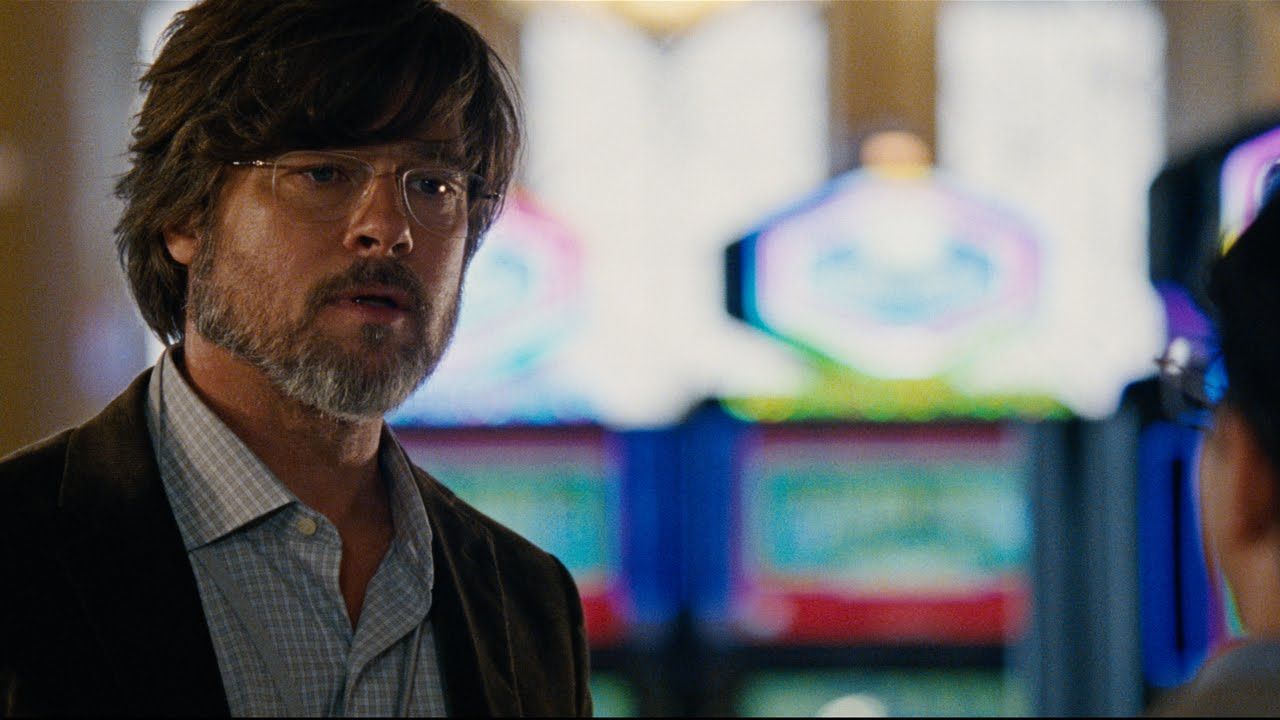
Young: During the 2008 financial crisis, the already moribund capitalist system barely survived by accepting bailouts from central banks. However, anyone familiar with history knows that this kind of "central bank injecting huge amounts of money directly into the financial market" has never happened in the past - just look at the Wall Street stock market crash in 1929, and there was nothing at that time. "Too big to fail". In the past, if a bank should fail, it will fail.
Young: So what happened after 2008? It took the banking system and stock market 12 years to adapt to this new change - and now they're addicted to central bank relief. They gradually understand that once the economic situation is bad, the central bank will release a lot of water, and this money will eventually flow into their hands.
Young: Now, suppose you are a stockbroker in London, England. At nine o'clock in the morning, you hear the news of the GDP plummeting - 21%, my god, it's all over! This is the first thought in your head, what's next? You would think so. Just when I was scared to pee, the group of children working at the Bank of England, they must be scared to pee too. What would they do in this situation? Definitely going to print money, print more money! As in the past, this money will eventually flow into the stock market, which will drive up the stock price, so - now, this moment when GDP is down by 21% is actually a great buying opportunity! purchase! purchase! purchase!
Young: There have been some crazy thoughts running around in my head since this happened. (to the audience) I told Zizek at the time that I would be making my ideas public next year -- in my next new book. My point is that capitalism has completed its self-evolution, it has evolved into a whole new system.
Young: The reason I say this is because, in my opinion, there are two essential elements to what is called "capitalism" - first, a profit drive - just like an engine burns gasoline, capitalism needs profit Stimulus; second, the exploitation of labor that takes place in the market. In the old days of feudalism, there was no such thing as "market exploitation" - let's say you are a feudal lord and you have a lot of farmers who grow grain for you, and they grow some potatoes, hemp, soybeans or what other cash crops. According to feudalist principles, peasants would hand over almost 60% of their income to their lords in exchange for protection. At that time, the "market" in the modern sense did not exist, and the relationship between peasants and feudal lords was purely "expropriation" and "expropriation".
Young: What happened next, I think you are all familiar with - the peasants were uprooted from the land by capitalism, and after they entered the cities, they became so-called "free labor", and then developed the so-called "free labor". "Working class", and then there is the earliest "labor market". Whether it's the financial market, the land market, the real estate market, or the labor market - where there is a market, there is exploitation.
Young: But after the 2008 financial crisis, things were completely different. After 2008, we replaced the original "profit" with "money" directly printed by the central bank as the new fuel for today's "exploitation system". Where are the fastest expanding markets today? It's the "big platforms" like Google, Amazon, and Facebook that are the biggest beneficiaries of this situation. The water from the central bank keeps flowing into those “big platforms”, and the end result is that the moment you log on to Facebook or Amazon, you leave the “old-style capitalist world” that we are familiar with.
Zizek: Why? explain.
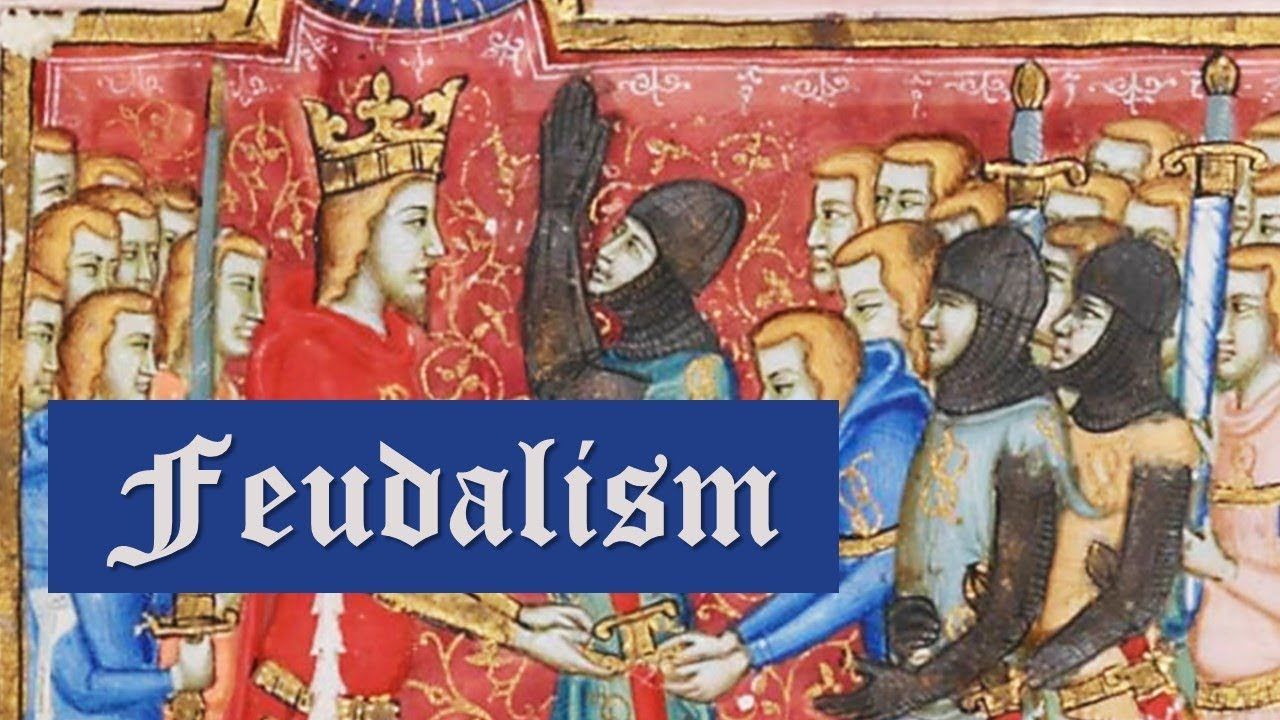
Young: Let's say, for example, that you now want to do business on Facebook, selling gadgets or something -- in order to sell something, you have to advertise on Facebook. Since you want to advertise, you have to pay Zuckerberg. So you pull out your credit card, change to a Facebook ad page, and someone else will see your ad on their timeline. Let me remind you how extraordinary this whole thing is - we're both meeting here today, and there's so many viewers down here, if an advertiser finds me, they ask me to advertise for them, and I pick it up. The most I can do is to promote his products to you and the audience, and my influence is only as big as this venue. But what about Zuckerberg? He is alone, but he owns the entire digital space.
Young: Imagine a scenario that might only happen in science fiction -- you come to Louisiana, you walk down the street, and you realize that all the buildings on the street belong to one person. And in these buildings, the things that are sold in these stores, are controlled by that person. Not only can that person price the commodity, he can even decide what can and cannot be traded, who can and cannot be traded. This fictional Louisiana is the Google and Facebook in reality - they can control your eyes, what you can see and what you can't see, it's all determined by the algorithm written by that person. If he doesn't want you to see something, then in the digital world, you'll never see it.
Young: What is this? This is not a market at all! Everything went back, and we're back in the days of feudalism - this time "digital feudalism." Today's "big platforms" have privileges no less than feudal lords, and not only that, they also make a lot of money. As for the rest of the company? They can never be profitable. Look at Uber, let's use it as an example - Uber will never be profitable. To explain this, we have to introduce the concept of "private sale". Do you know what "private equity investment" is? For example, the group's day-to-day job is to acquire other companies.
Young: Let's say there's a private healthcare business right now, and they have doctors, nurses, stuff like that. In addition to this, they also built a hospital. At this time, private equity entered the market, and they bought their hospital as well as the company. Then, they split what they had into two companies - the first company owned the buildings (hospitals) and fixed assets, and the second company could provide the service, and nominally sold the service to the first company. The first company could get huge loans from banks because they had fixed assets that could be mortgaged. So the group used the bank's loan to pay themselves salaries and dividends to shareholders, and they used this method to transfer the bank's money into their own pockets. As a result, neither company generates any profit - the second company uses most of the money it makes to pay off the debt of the first company. If there is no profit, there is no need to pay tax. But it doesn't take too long before the question of "profitability" comes to the fore - the two companies form a system that draws money from the bank, it's an empty shell, it goes bankrupt, it dies, but the pump The process of making money makes some people pouring money.
Young: Do you know where the people who are hyping up privatization in healthcare come from? Just look at what Facebook is doing in the UK, by the way, Google is doing the same thing without the public's knowledge (the latter paragraph will not be translated, it probably means that this old man organized An event to resist the privatization of medical care, I hope everyone will actively participate).
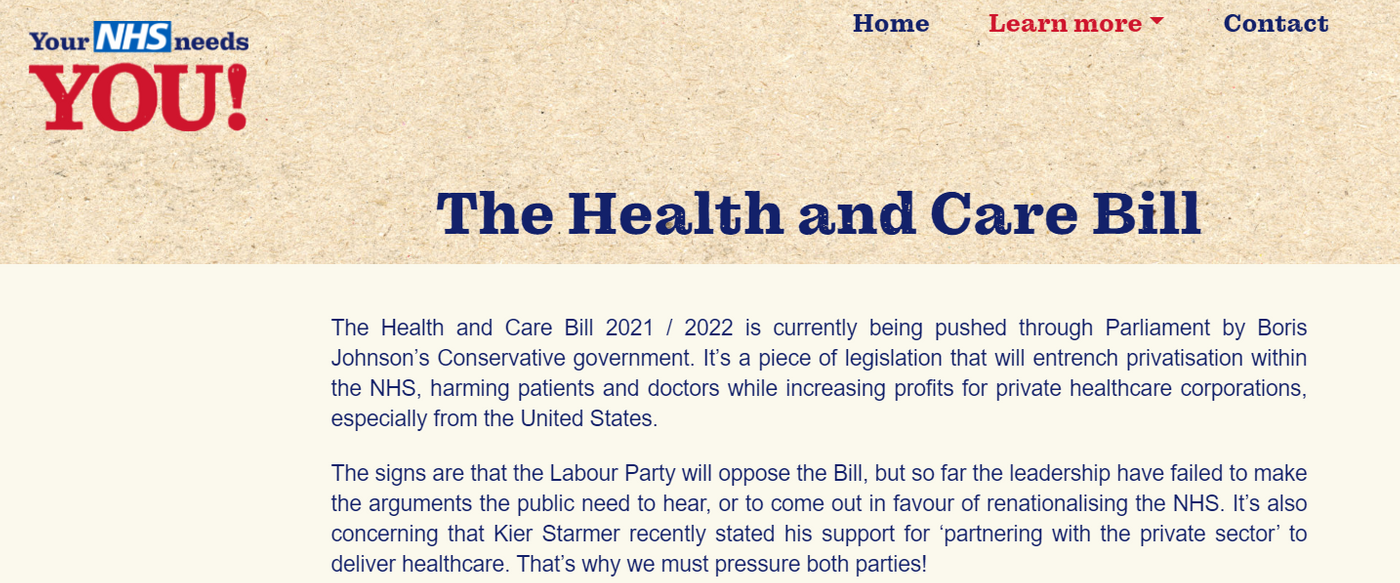
Yang: The platform is not the market. While the market is shrinking, the platform is expanding wildly. At the same time, central bank money, sovereign funds, and defense budgets are constantly flowing to these big platforms—the original intention of doing so may be to protect the government, but the consequence of the money printing presses being fully operational is to fatten the big platforms. I call this sort of thing "digital feudalism."
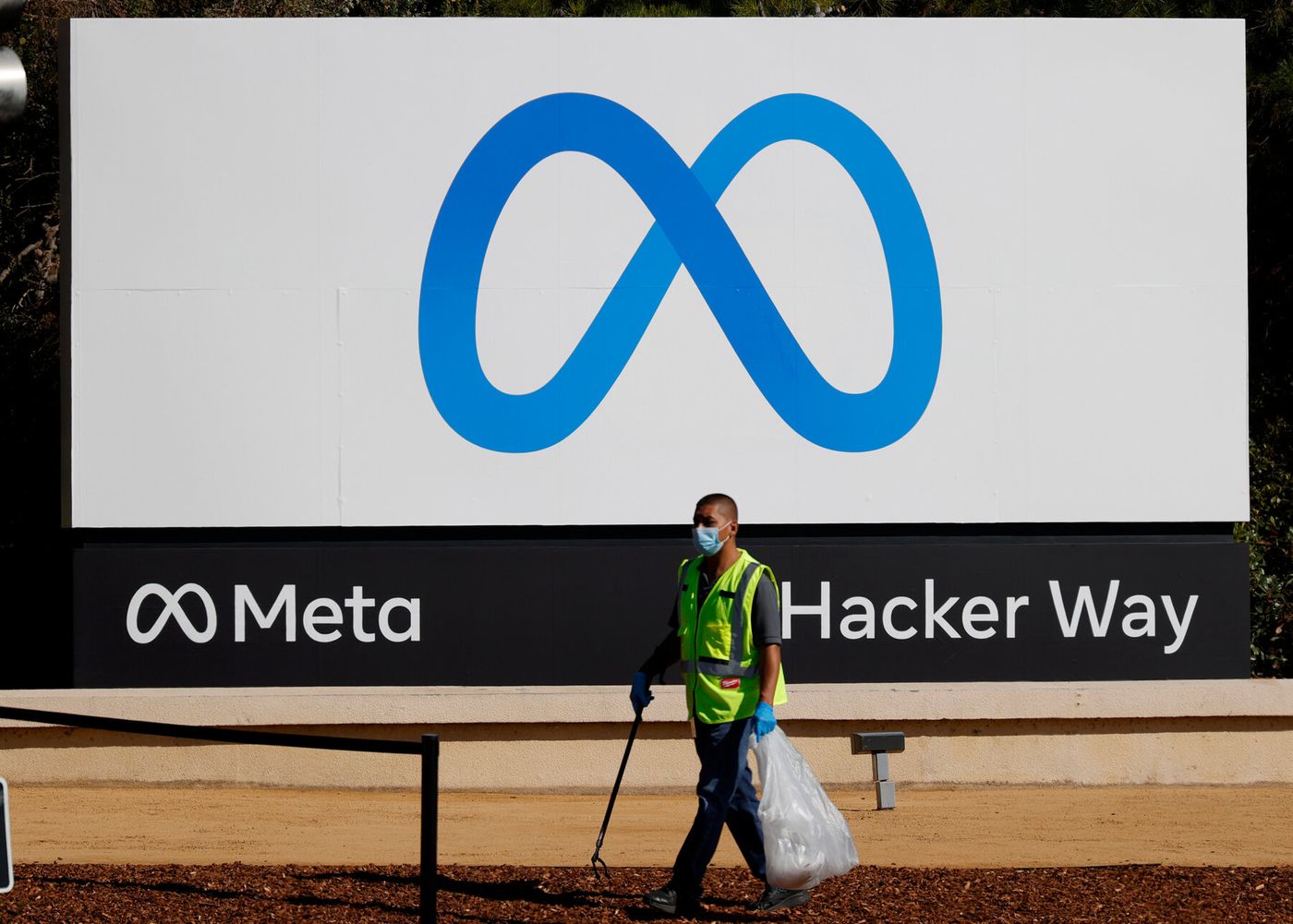
Young: I'm so interested in this question because it's not just trying to figure out how it all works - "digital feudalism" is not a fun problem, I want to understand that it's a problem for all of us What exactly does it mean? In what ways will it affect our daily lives? What does it mean for our government? Now, let me answer my own question from an economist's point of view - it's a surprise that all our fiscal and monetary policies that have worked will fail. When the platform replaces the market, the survival of the entire economic system depends on whether the central bank releases water. If you become president of the European Central Bank tomorrow, unfortunately, you will be the closest person to slavery in all of Europe - you have no power, you have no prestige, you cannot make any independent decisions. Even if you want to be a hero - be our "Prince of Europe" and stop throwing money at platforms - either you can't do it, or you do and you have a chance to see the whole of Europe fall apart before your eyes. Now you know, our European Central Bank is not an independent institution at all - on the contrary, it knows it can't live without those big platforms. At the same time, our government is constrained by the interests of the big platforms, who have little room to operate freely. As for those issues related to "redistribution of wealth"? When everything is wrapped in "digital feudalism," when everything is controlled by big platforms, there's really a limit to what you can do.
Yang: Now that I have come to this point, I feel that I can say a few more words on this topic. Capitalism in the past was like this, when workers were working, of course they were part of the exploited working class. But after returning home, the rest of the time is theirs. But today, such "classic capitalism" no longer exists, and the classic "exploited" is getting fewer and more people - I have to say that most people are actively working for these "numbers" Feudal lords" create more and more "digital capital". Every time you go out with your phone, Google knows where you are. So, Google turns your whereabouts into its capital through its Google Maps - please note that you are not a shareholder of Google, you don't get Google's dividends, but they can profit from you.
Yang: Now, now that the epidemic has been going on for so long, everyone should already know how our work time and leisure time have been mixed into a mess. As a victim of "digital feudalism", you can't get away from work at all - your boss can assign you new work tasks anytime and anywhere, and the pressure is always with you; even in the middle of the night, the boss also expects you to be able to work at any time. Refresh the App to receive the latest commands from him. But sometimes, even if our boss didn't text us in the middle of the night, we ourselves would swipe various apps. I see this situation as a form of "self-slavery".
Young: One of the things that liberals once valued the most—individual sovereignty—is gone today! Look at the young people today, you know, I have also taught young people in the university. Do you know what I see in them? They lack independence. Our "liberal democratic system" promises that everyone has the right to develop themselves independently, but I don't see any independence in them. There are students who go to some rubbish classes -- they know which ones are rubbish, but they still take credits just to enrich their resumes.
Young: Some of my students, who are particularly active on Twitter and Instagram, seem to want to show other people their social skills—and they do it because they see themselves as a commodity. Of course, they are not stupid, because they know that when they are interviewing, the interviewer will go to social media to find their account. However, I see this constant creation of our own "avatar" as a form of "self-slavery" - we have to sell our image in order to please our employers on some future occasion. How is this different from slavery?
Young: As much as liberals once held so dear, our private space is now gone, and that's one of the reasons why I propose "digital feudalism." You know what's the worst when I'm talking about this? Do you know who despised my view of the future the most? It's us Zuo Ren ourselves! Because we Zuoren grew up with an ambition to destroy capitalism - but the reality is that before we destroyed capitalism, capitalism destroyed itself. Now, the kind of capitalism we are familiar with has been replaced by something much worse - not by socialism. None of the Zuo Ren intended to listen to me, and they had no idea what was going on in front of them.
Like my work? Don't forget to support and clap, let me know that you are with me on the road of creation. Keep this enthusiasm together!

- Author
- More